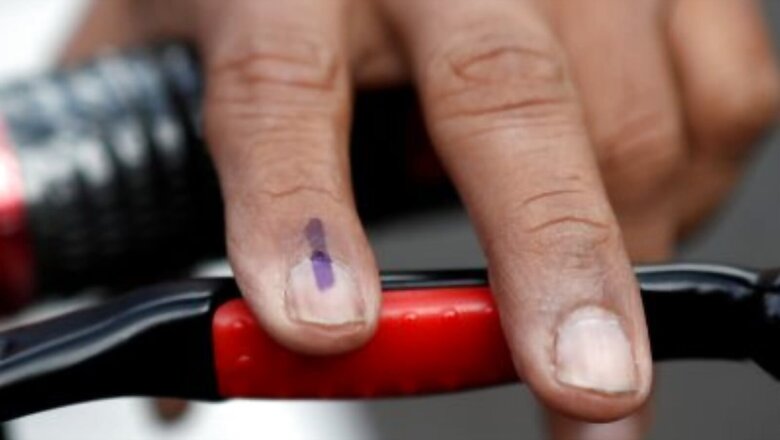
views
Over 90 per cent turnout was recorded till 2 pm in the Uttar Pradesh Legislative Council biennial elections on Saturday, officials said. Voting for 27 seats under local authorities’ constituencies began at 8 am.
According to the Election Commission of India, an average of 90.42 per cent polling was recorded in the state till 2 pm, with Barabanki registering the lowest turnout at 84 per cent, while Ghazipur constituency recorded the highest turnout at 94.67 per cent. Chief Minister Yogi Adityanath, who was among those who turned up early to exercise their franchise, said that “after four decades, a situation has come when a ruling party (BJP) will be able to bag a huge mandate in the Legislative Council too”.
There are 95 candidates in the fray and polling is being held at 739 centres, according to the Uttar Pradesh chief electoral officer. As many as 1,20,657 voters are expected to exercise their franchise in these polls. In a tweet in Hindi, Adityanath, who voted in Gorakhpur-Maharajganj constituency, said, “For the creation of a new Uttar Pradesh, and for the victory of good governance, (I) discharged my duty by casting vote in the biennial elections for the legislative council from local authorities’ constituencies.” Prior to this, he in another tweet had urged people to vote for the victory of development, nationalism and good governance, and said “your one vote will give strength to the journey towards making a ‘self-reliant Uttar Pradesh”.
“In the recent assembly election, the BJP (like in 2017) won more than two-third of the seats and formed a strong government. After four decades a situation has come when the governing party will be able to bag a huge mandate in the legislative council too,” Adityanath told reporters in Gorakhpur. “In 2017, the (BJP) government used to face challenges, as the SP (Samajwadi Party) used to play a negative role and obstruct development and welfare programmes. But, I hope in this election we will get a huge mandate in the legislative council and development and welfare programs will move forward with pace,” he said.
Union minister Smriti Irani voted in Amethi, from where she is the Lok Sabha MP. Voting is being held for the local authorities’ constituencies — Moradabad-Bijnor, Rampur-Bareilly, Pilibhit-Shahjahanpur, Sitapur, Lucknow-Unnao, Rae Bareli, Pratapgarh, Sultanpur, Barabanki, Bahraich, Gonda, Faizabad, Basti-Siddharthnagar, Gorakhpur-Maharajganj, Deoria, Azamgarh-Mau, Ballia, Ghazipur, Jaunpur, Varanasi, Allahabad, Jhansi-Jalaun-Lalitpur, Kanpur-Fatehpur, Etawah-Farrukhabad, Agra-Firozabad, Meerut-Ghaziabad and Muzaffarnagar-Saharanpur. These seats are spread over 58 districts in the state, and voting will end at 4 pm while counting will take place on April 12. Nine MLCs from eight local authorities’ constituencies have been elected unopposed — Budaun, Hardoi, Kheri, Mirzapur-Sonbhadra, Banda-Hamirpur, Aligarh, Bulandshahr and Mathura-Etah-Mainpuri.
Two MLCs were elected unopposed from the Mathura-Etah-Mainpuri local authorities’ constituency, while from the rest of the constituencies, one MLC each was elected unopposed. Following a resounding victory in the Uttar Pradesh Assembly elections, the BJP has set its eye on becoming the single-largest party in the state legislative council as well by winning a majority of the 36 Upper House seats. It is an opportunity for the saffron party to enjoy a majority in both Houses of the Uttar Pradesh Legislature. In the 100-member Legislative Council, the BJP currently has 34 MLCs, the SP 17 and the Bahujan Samaj Party (BSP) four. The Congress, Apna Dal (Sonelal) and NISHAD party have one member each in the House. The Teachers’ group has two MLCs, while the independent group — Nirdal Samooh — and Independents have one MLC each. As many as 38 seats are vacant at present.
The voters in this biennial election are village pradhans, members and chairman of block development councils, members and chairman of zila panchayat, and corporators in urban areas. MLAs and MPs are also voters in this poll. The Congress and the BSP have not fielded any candidate in the legislative council polls, making it a straight fight between the BJP and the SP, the principal opposition in the state assembly. Of the 36 BJP candidates, five are former SP leaders, who joined the saffron camp on the eve of the February-March state polls.
They are Shailendra Pratap Singh from Sultanpur local authority constituency, CP Chand from the Gorakhpur-Maharajganj local authorities, Ravishankar Singh ‘Pappu’, the grandson of former prime minister Chandrasekhar, from Ballia local authorities, Rama Niranjan from Jhansi-Jalaun-Lalitpur local authorities and Narendra Bhati from Bulandshahr local authorities.
The SP declared its candidates for 34 seats, leaving the Meerut-Ghaziabad and Bulandshahr seats for its ally the Rashtriya Lok Dal. Prominent among those who have been fielded are Dr Kafeel Khan from Deoria, Mashkoor Ahmad from Rampur-Bareilly, sitting MLCs Sunil Kumar Sajan, Rajesh Kumar and Udayveer Singh from Lucknow-Unnao, Barabanki, and Mathura-Etah-Mainpuri seats respectively. Adityanath has recently quit the legislative council seat after getting elected as an MLA from Gorakhpur Urban seat.
With the death of Leader of the Opposition in the council, Ahmad Hasan, on February 19 after a prolonged illness, the SP has named Sanjay Lathar to the post. In the recently-concluded Uttar Pradesh assembly elections, the BJP won 255 of the 403 seats in the assembly, while its allies Apna Dal (Sonelal) and NISHAD party have won 12 and six seats respectively. The SP won 111 seats, while its ally the Rashtriya Lok Dal won eight. The SBSP, another ally of the Samajwadi Party, has won six seats. The Congress has won two seats, while the BSP has won one seat.
Read all the Latest Politics News and Breaking News here












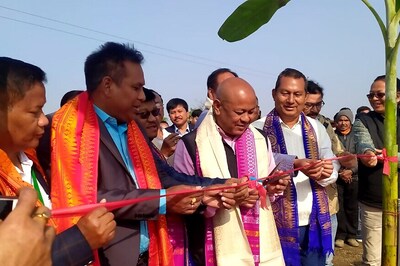


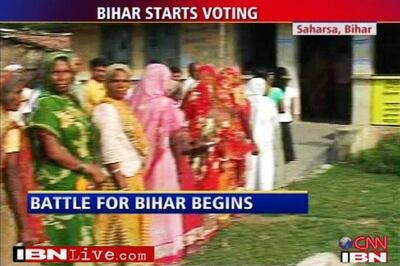
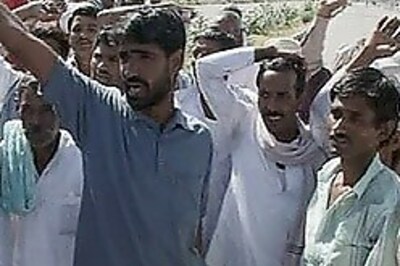
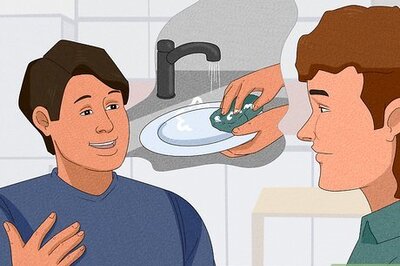

Comments
0 comment